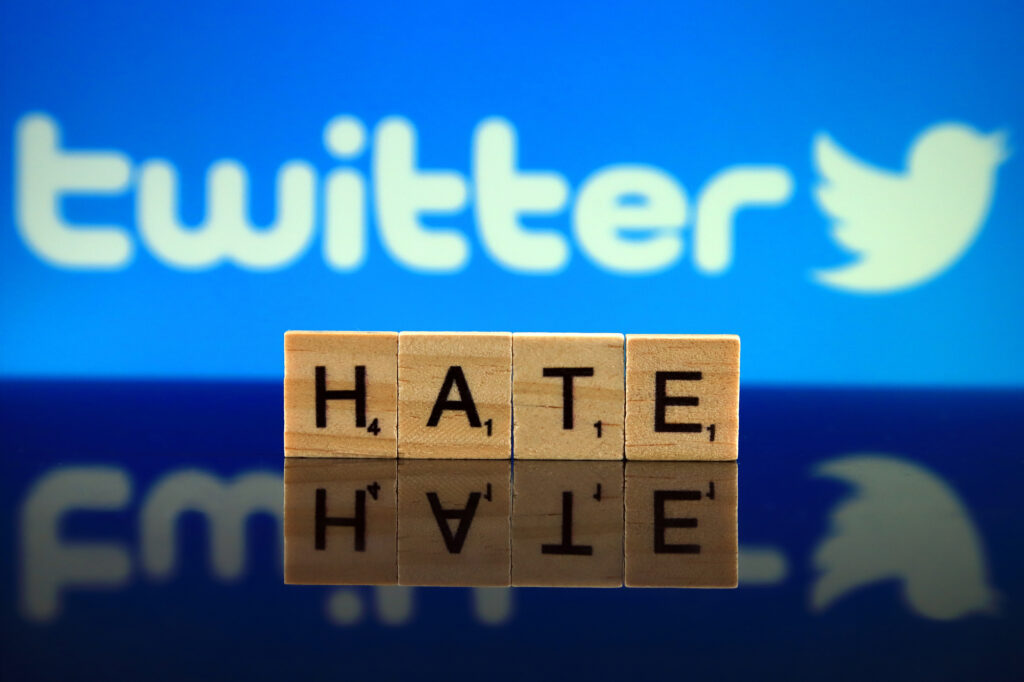UN Secretary-General António Guterres today classified hate speech as a “toxic and destructive phenomenon”, which social media platforms can “amplify and spread” at “the speed of light”.
In the message marking the International Day against Hate Speech, the Secretary-General of the United Nations (UN) warned that responses to this problem cannot be “misleading and ambiguous, including internet bans and blackouts”.
For Guterres, these measures can “silence those who are best positioned to combat hate narratives: journalists and human rights defenders”.
The UN Secretary-General said that hate speech usually targets vulnerable groups, reinforcing discrimination, stigma and marginalization, and is “one of the warning signs of genocide and other heinous crimes”.
The UN recalls that among the main targets are minorities, women, refugees, migrants and people of different sexual and gender orientations.
The United Nations High Commissioner for Human Rights, Volker Turk, also called on the international community to work together to eliminate hate speech, which they find in social networks “a particularly fertile ground”.
“We know that hate is used by those who want to sow discord, look for scapegoats and divert attention from real problems. Social media is particularly fertile ground for this discourse, which spreads with unprecedented reach and speed. And hate breeds discrimination and violence,” Turk said.
The UN Special Adviser for the Prevention of Genocide, Alice Nderitu, recalled situations in which hate speech created dehumanization and violence against entire populations, stressing that “no society in the world is immune” to this phenomenon.
Alice Nderitu mentioned the Rohingya refugees, who suffered “decades of torture, displacement and dehumanization” in Myanmar, before fleeing to the neighboring country, Bangladesh, and cited cases such as the Tutsi ethnic group decimated in Rwanda in 1994, and the Jewish victims of the Holocaust during World War II.
In all these cases, "hate speech was employed", he said, noting that "hate is taught".
Drawing attention to “narratives that pass from one generation to another”, the UN counselor argued that it is possible to break the cycle of hate transmission through education, information and empathy.
On its website, the UN states that it has been working on a voluntary Code of Conduct on the integrity of information on digital platforms, with governments, technology companies and other actors in the sector, with the aim of reducing misinformation and hate speech and preserve freedom of expression.



















Comments